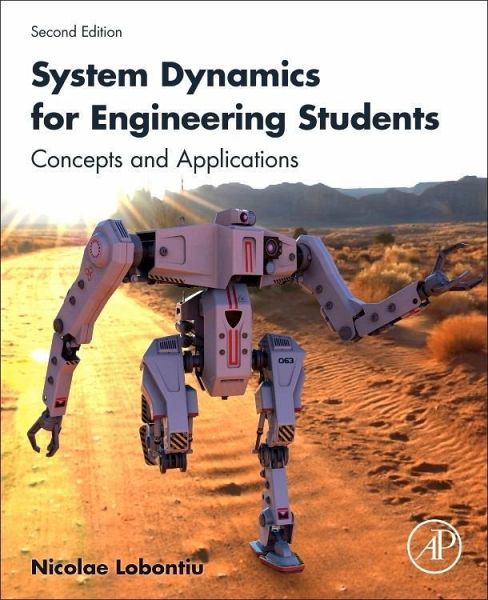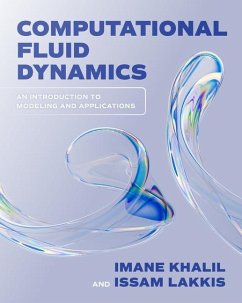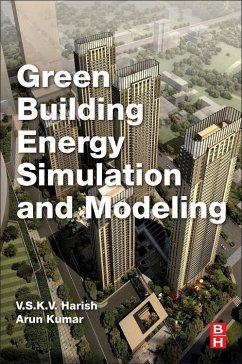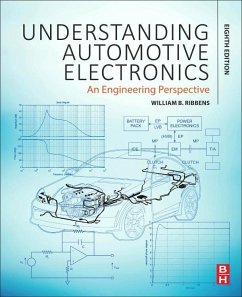
System Dynamics for Engineering Students
Concepts and Applications
Versandkostenfrei!
Versandfertig in 6-10 Tagen
60,99 €
inkl. MwSt.
Weitere Ausgaben:

PAYBACK Punkte
30 °P sammeln!
Engineering system dynamics focuses on deriving mathematical models based on simplified physical representations of actual systems, such as mechanical, electrical, fluid, or thermal, and on solving these models for analysis or design purposes. System Dynamics for Engineering Students: Concepts and Applications features a classical approach to system dynamics and is designed to be utilized as a one-semester system dynamics text for upper-level undergraduate students with emphasis on mechanical, aerospace, or electrical engineering. It is the first system dynamics textbook to include examples fr...
Engineering system dynamics focuses on deriving mathematical models based on simplified physical representations of actual systems, such as mechanical, electrical, fluid, or thermal, and on solving these models for analysis or design purposes. System Dynamics for Engineering Students: Concepts and Applications features a classical approach to system dynamics and is designed to be utilized as a one-semester system dynamics text for upper-level undergraduate students with emphasis on mechanical, aerospace, or electrical engineering. It is the first system dynamics textbook to include examples from compliant (flexible) mechanisms and micro/nano electromechanical systems (MEMS/NEMS). This new second edition has been updated to provide more balance between analytical and computational approaches; introduces additional in-text coverage of Controls; and includes numerous fully solved examples and exercises.













